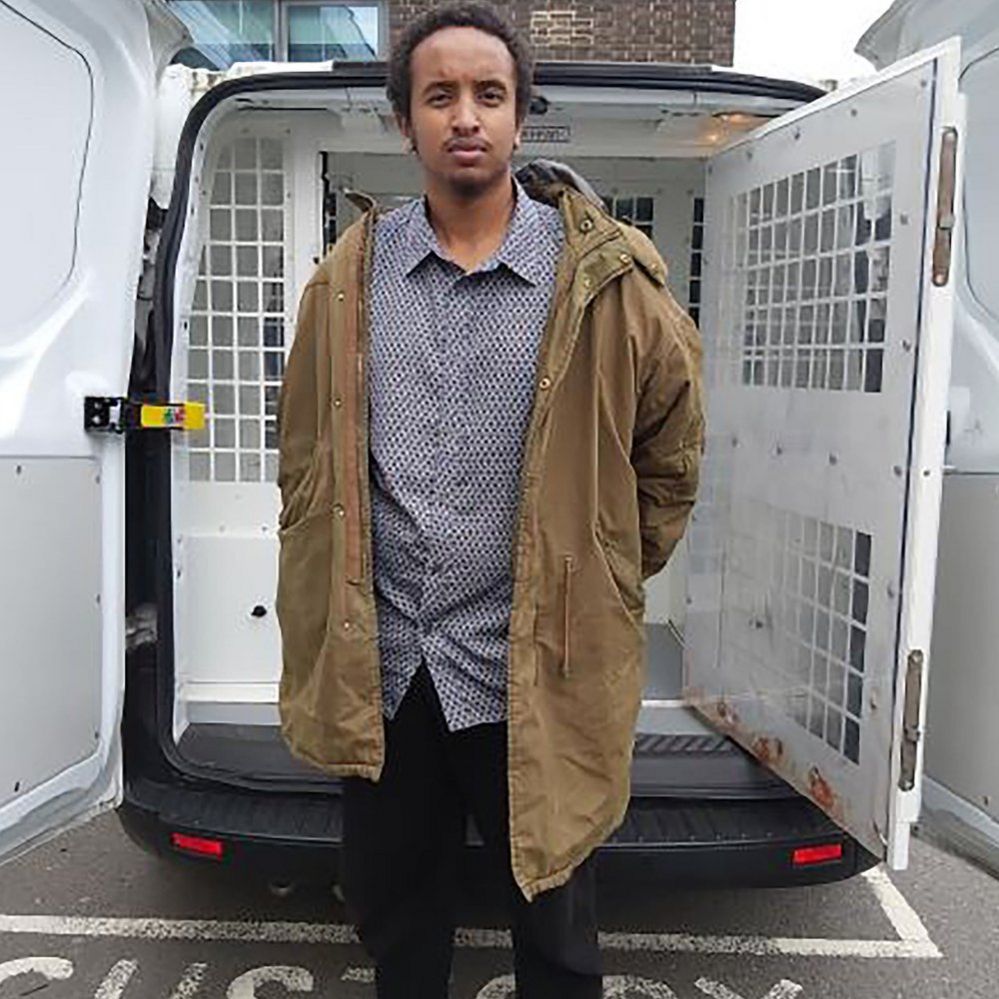
Former British Prime Minister David Cameron in a report for Policy Exchange think tank has called on the British government to counter harmful narratives against United Kingdom’s counter-extremism strategy.
David Cameron has warned that UK’s counter-extremism strategy, which is called Prevent, “will not survive” just three years after its launch unless the government counters anti-Prevent narratives which help enable terrorism.
The former Conservative Prime Minister has warned that “delegitimising counterterrorism is, in essence, enabling terrorism” and accuses those who don’t defend Prevent of being “guilty of a form of ‘passive tolerance’, whereby society fails to interfere in minority communities for fear of appearing racist.”
The report, published by Policy Exchange think tank, says that Prevent is being undermined by “Islamist campaigners and their allies” and names organisations like CAGE and the Muslim Council of Britain (MCB).
One of the authors of the report, John Jenkins, is a former ambassador to Saudi Arabia who carried out a review of the Muslim Brotherhood in 2014.
In a foreword to the report, David Cameron warns: “Just as we need to counter the Islamist extremist narrative, we need to counter the anti-Prevent narrative. We need to show that delegitimising counter-terrorism is, in essence, enabling terrorism.”
“Unopposed, activists have been feeding the national media, and targeting Muslim communities themselves, creating a grievance culture that argues they are victims of Prevent, which they claim is an ‘Islamophobic’ social engineering project.”
Prevent is one of four pillars of the UK’s counter-terrorism strategy. The programme is designed to encourage families, faith leaders and local authorities to flag concerns about individuals who are deemed as being at risk of radicalisation. The programme has seen some pushback from British Islamist groups and individuals, who argue that Islamist extremism should not be taken so seriously despite the growing number of Islamist extremists and related incidents in the UK.
Muhammad Rabbani, managing director of CAGE, said: “The report stands as a testament to the unified resilience of Muslim organisations, against all odds, in effectively defending their communities from one of the most pernicious and insidious government policies, that is Prevent.
“Despite the government having a near-absolute monopoly on power and access to mainstream media and PR agencies, the report promotes a false reality of ‘unopposed activists’ critiquing Prevent in order to explain away communities’ wholesale rejection of Prevent.”
A coalition of more than 450 Islamic organisations, including 350 mosques and imams, boycotted the government’s review of Prevent last March in protest against the appointment of Shawcross, who has been criticised as a result of previous remarks he has made about Islam.
The Policy Exchange report argues that “Islamist campaigning groups” and their allies have peddled a false narrative about the Prevent counter-extremism programme and the British government has “made bedfellows” with some such organisations who reject the principles of countering extremism.
The report argues, “Unopposed, activists have been feeding the national media, and targeting Muslim communities themselves, creating a grievance culture that argues they are victims of Prevent, which they claim is an ‘Islamophobic’ social engineering project.”
The Prevent programme is controversial within the Muslim community, with several soft and hard Islamist groups arguing that it disproportionately targets the Muslims and fosters ‘Islamophobia’.
However, many counter-extremism experts and analysts argue that these cries of ‘Islamophobia’ are unfair and even politically motivated largely by the same people and groups who provide an ideological ladder to Islamist extremists.
One of the groups named in the Policy Exchange report is the Muslim Council of Britain (MCB), which according to the report has been “consistently critical of the government’s counter-terrorism strategy” and has also circulated unsubstantiated claims about the programme.
Meanwhile, a spokesperson for the MCB claimed Policy Exchange has consistently led efforts to discourage cooperation between the authorities and the Muslim Council of Britain.
“It is therefore laughable that the Policy Exchange should now claim that we are the ones discouraging cooperation because we are exercising our democratic responsibility to scrutinise bad policy. The MCB has always repeatedly and loudly opposed all forms of terrorism, but the Policy Exchange’s amnesia fails to acknowledge this.”
The Policy Exchange report comes after Home Secretary Priti Patel indicated she wishes to overhaul the government’s counter-extremism strategy in the wake of the murder of the Conservative MP Sir David Amess, who was brutally stabbed to death in October 2021 by an ISIS fanatic named Ali Harbi Ali.

The statistics for terror-related incidents and arrests confirm the biggest terrorist threat to the UK remains Islamist terrorism. In the 12 months to December 2021, 50% of all counter-terrorism arrests were related to Islamist extremism.
Last year in October the United Kingdom raised its level of threat from Islamist terrorism to “severe” after two violent incidents in Liverpool and Essex.
Before that, in September MI5 Director general Ken McCallum revealed that a total of 31 late-stage terror plots have been foiled in the UK in the past four years.
The Policy Exchange report calls on the British government to withdraw funding and engagement from organisations which perpetuate false propaganda against Prevent programme.
“It would be reasonable to expect the proportion of Muslim Prevent referrals to be approximately equivalent to the proportion of terrorism-related arrests, investigations, and plots that involve Islamists. But this is not the case,” the Policy Exchange report argues.
A Home Office spokesperson was quoted as saying: “Campaigns that seek to undermine the Prevent programme are irresponsible and dangerous. Eroding public trust in this way could discourage the referring of vulnerable people to the support they need, to protect them from a path toward radicalisation. It also threatens to undermine the brilliant work of dedicated professionals, who work tirelessly within communities to keep them safe from extremism.”
“It is always right that we learn lessons and improve our approach. That is why an Independent Review is in progress to assess how Prevent works, the impact of the programme, and how we can continue to develop our approach to protect people from radicalisation in future.”
Many counter-extremism experts agree that the British government should pay heed to the Policy Exchange report as countering the false narratives against counter-extremism initiatives like the Prevent are not only harmful to the Muslim community but also a danger to the larger British society and threatens the nation’s security.
